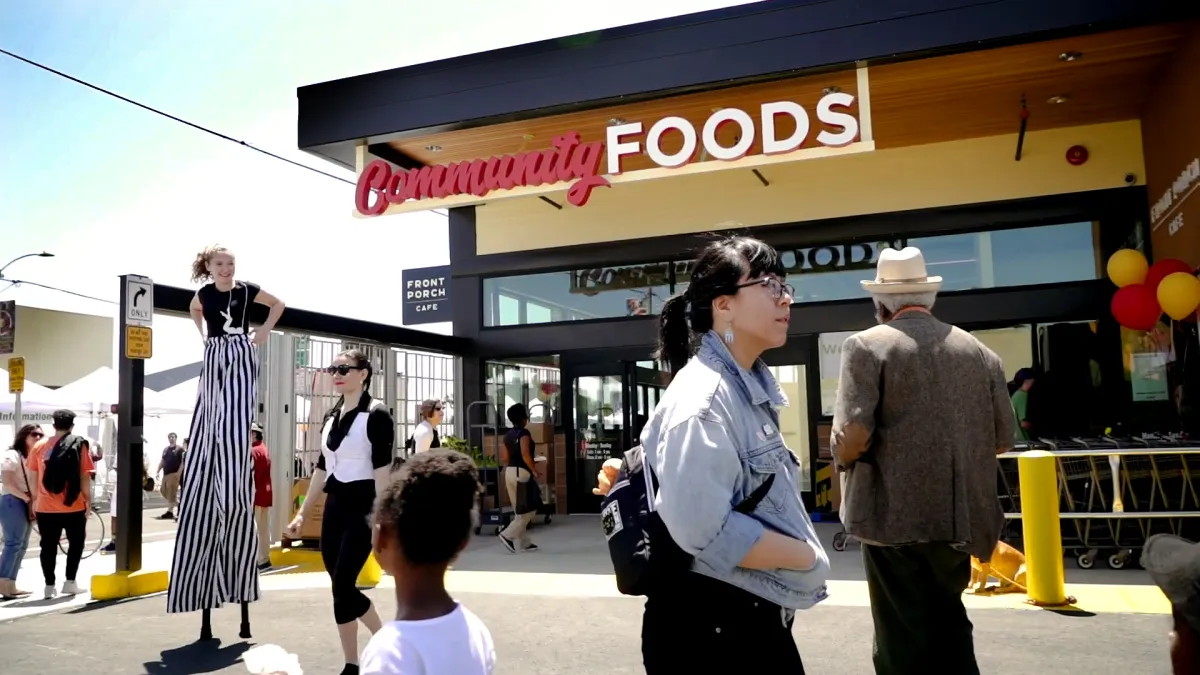Zohran Mamdani’s City-Owned Grocery Stores (Part II): The Alternatives
(This post is a continuation of Part I from last week).
So Zohran Mamdani’s proposed pilot of City-owned grocery stores might not not the best way of lowering prices, as I discussed in last week’s post. But what, then?
Well, there are grocery co-ops – like Weavers Way (Philadelphia), Wedge (Minneapolis) and PCC (Seattle) – in which customers are also member-owners who participate in the decision-making and share in the profits, while the stores themselves are open to the broader public. Yet with their historic focus on natural foods and local sourcing, co-ops are not known for inexpensive pricing, which is Zohran’s primary goal.
Another possibility is a “social enterprise” model, with a mission-driven leader/owner – like Oasis Fresh Market (Tulsa) and Community Foods Market (Oakland) – though as the latter’s Brahm Ahmadi found out (see article below), it is always vulnerable to the same challenges that Zohran’s pilot would face, including, most notably, limited leverage with wholesalers.
The most promising approach is one that leverages the experience, expertise and scale of established discount grocers – like ALDI, LIDL, Grocery Outlet and Sprouts – or proven local chain-lets with significant buying power, such as Brown’s Super Stores (Philadelphia), which belongs to the ShopRite franchisee-owned cooperative, and Joe V’s Smart Shop (Houston/Dallas), the budget-friendly concept of the market-dominant H-E-B chain. Municipalities could offer various cost reductions (e.g. rent, taxes, utility costs, etc.) so as to mitigate their perceived risk, then allow them to do their thing (and earn a profit) without interference.
A number of cities have already proceeded along this path — even New York City (since 2009), in the name of food deserts — though not always with the right operators or sufficiently hands-off arrangements. Indeed, the “right” operators do not always reflect stakeholder aspirations, and can elicit community pushback for that as well as other reasons. And even if in place, they, too, can fail, though generally speaking, they – and not the sexier, more upscale grocers – stand the best chance of succeeding as low-cost alternative in urban submarkets.
To hear more on this subject, please join me for a panel discussion on “Catalyzing Storefront Vitality Through Public Policy Advocacy” next Friday (September 26th) at 3:45 pm at the IDA Annual Conference at Washington, D.C.’s Capital Hilton (2nd floor, Statler AB).

